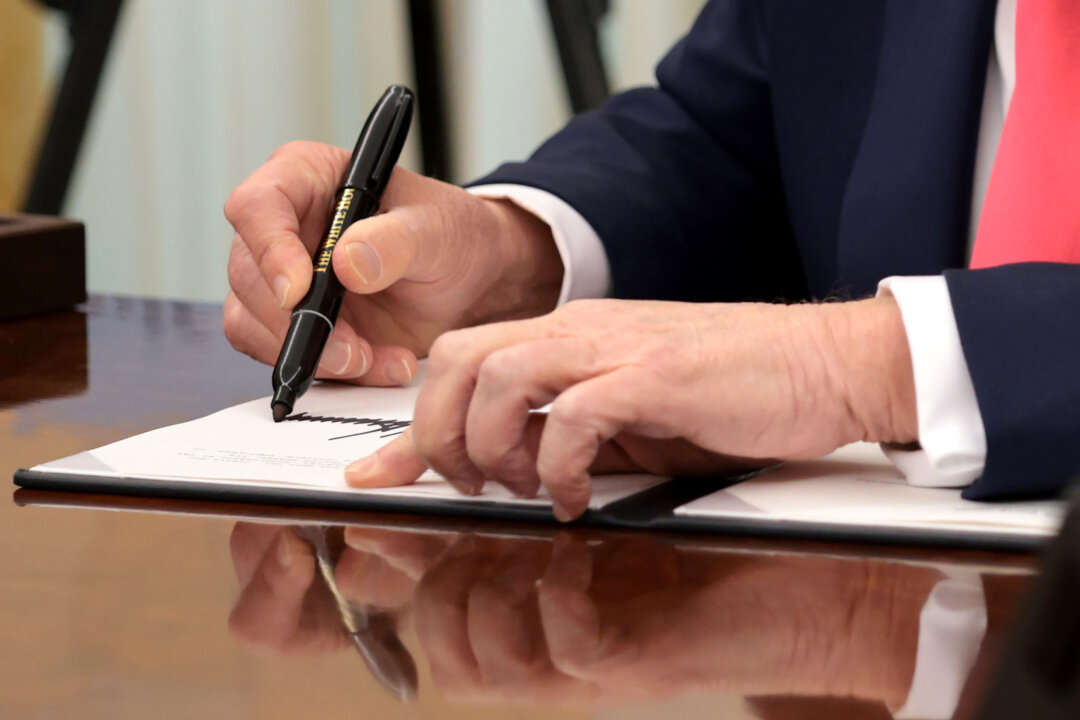An accused drug dealer has been found not guilty after an Edmonton judge tossed evidence over police delays in granting him access to a lawyer and a bail hearing. Matthew Allen Tierney was acquitted of gun and drug offences last week after a scathing ruling by Court of King’s Bench Justice Kent Teskey criticizing police conduct in the case. Teskey found that after Tierney’s arrest, an RCMP officer barred him from calling his lawyer for 16 hours.
Thirty-three hours passed before he was able to speak to bail — “well outside” the 24 hours required by law. “I struggle to find words to convey my concern for the conduct of the police in this matter,” Teskey said . Teskey acknowledged the seriousness of Tierney’s alleged criminal activities — including the dangerousness of the drugs prosecutors claimed he was trafficking — but said the police behaviour cannot be ignored.

“The police were at best careless but, in my view, they were largely indifferent to the essential rights that were being violated,” he said. “When deciding between the interests of their investigation and the rights they were required to provide, favouring their interests was the default choice.” The investigation into Tierney and his co-accused, a woman in her 50s from the town of Myrnam, began in fall 2020 as part of an RCMP probe into methamphetamine trafficking in the communities of St.
Paul, Saddle Lake, Kehewin, Bonnyville and Elk Point. The investigation eventually led RCMP to a house in west Edmonton connected to Tierney. Tierney, then 30, was arrested just before midnight on May 10, 2021.
He was read his Charter rights and answered “yeah, please,” when asked if he’d like to speak to a lawyer. Tierney was taken to the Parkland RCMP detachment. Shortly after his arrest, an RCMP constable ordered Tierney be barred from using the phone over fears he might contact other occupants of the house and tell them to destroy evidence.
The constable acknowledged his actions breached Tierney’s Charter rights, but said the move was necessary to preserve the investigation. Police raided the house just before 4 p.m.
the next day, turning up 1,248 grams of fentanyl, 1,587 grams of cocaine and 500 grams of meth. Along with the search of a home in Myrnam, police seized more than 60,000 doses of various drugs, tens of thousands of dollars in cash and weapons including an assault-style rifle, handguns and a pistol-grip shotgun. After the search began, Tierney was given permission to call his lawyer.
He remained in custody for another 17 hours after making the call. He complained of a medical issue but was told his bail hearing would be delayed if he went to hospital. After 33 hours inside the Parkland RCMP detachment — including an interview after 30 hours in lock-up — Tierney was taken before a justice of the peace and released on cash bail.
Teskey said the law requiring an accused be allowed to speak to bail within 24 hours “is not a new or uncertain rule.” Police claimed the delays were related to COVID-19, but Teskey said they offered nothing but a “bare assertion” this was the case. “I find that the delay was solely attributable to the police choosing to prioritize their investigative interests over their constitutional prerogative to the rights of the accused,” he said.
As for the delay in offering Tierney his phone call, Teskey said there is little ambiguity on that front, either. “The right to counsel must be given ‘without delay,'” he wrote. While delays can be justified if there are serious risks to the public or police officers, neither factor was present in Tierney’s case.
“Nothing specific to this case suggested that there would be an officer safety issue or a risk that evidence would be destroyed,” he said. Teskey faulted officers for failing to re-evaluate the situation as time passed, and for not finding a workaround that would address their concerns while upholding Tierney’s rights. “The officers failed to consider reasonable alternatives to delaying counsel, including dialling the Legal Aid line or calling the lawyer the accused wished to call.
” Prosecutors acknowledged Tierney’s rights were violated, but argued the breaches weren’t severe enough to warrant the exclusion of all evidence seized from Tierney’s residence. Teskey disagreed. “While I am aware of the serious criminal conduct involved in this matter, the conduct of the police was neither minor nor merely imperfect; it was a serious breach of fundamental Charter rights,” he said.
Akram Attia, Tierney’s lawyer, said the Crown closed its case after Teskey tossed the search warrant evidence. The judge acquitted Tierney a short time later. jwakefield@postmedia.
com x.com/jonnywakefield @jonnywakefield.bsky.
social RelatedAn Edmonton legal agent claimed police officers 'harassed' her with parking and COVID tickets. A review board threw out her appealCrown seeks prison time for Edmonton police officer who sought sex from victims of crime Bookmark our website and support our journalism: Don’t miss the news you need to know — add EdmontonJournal.com and EdmontonSun.
com to your bookmarks and sign up for our newsletters. You can also support our journalism by becoming a digital subscriber. Subscribers gain unlimited access to The Edmonton Journal, Edmonton Sun, National Post and 13 other Canadian news sites.
The Edmonton Journal | The Edmonton Sun.
Politics

Accused Edmonton drug dealer acquitted after judge finds 'serious breach' of Charter rights by RCMP
















